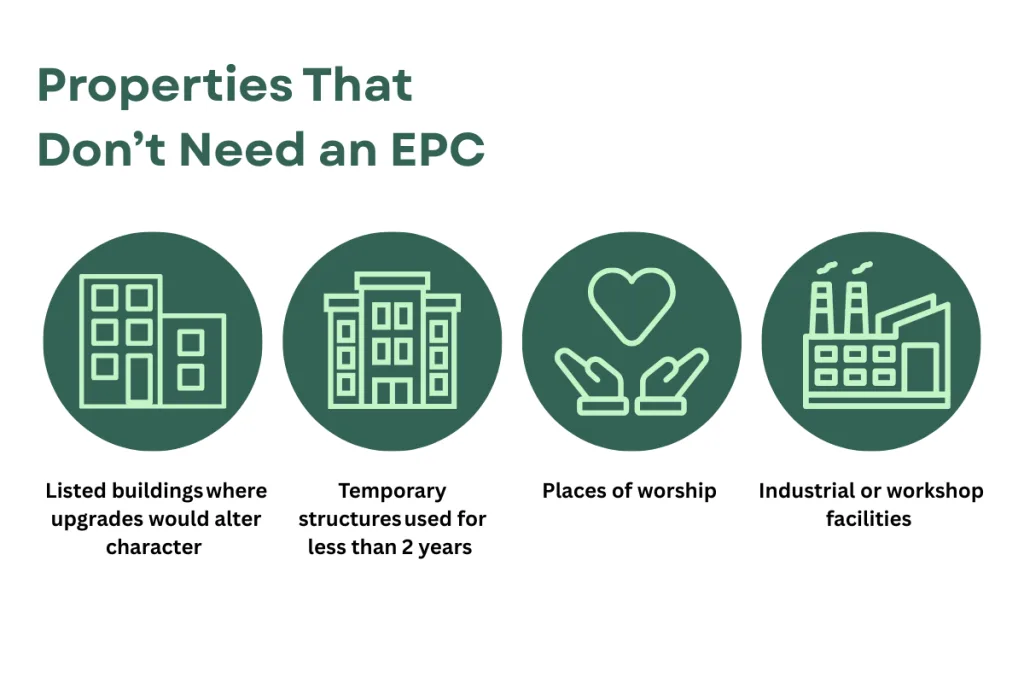How To Spot a Good Retrofit Coordination Service
Fed up of poor quality and slow Retrofit Coordination Services? We explain how to spot good value from your Coordinators. […]

EPCs and MEES are at the heart of letting compliance and planning ahead protects your investment. With consistently changing, EPC regulations for landlords (2025) preparation and staying ahead is crucial. Whether landlords manage a single buy-to-let property, or an extensive portfolio: understanding the latest EPC regulations is now critical. Not just from compliance perspective, but attracting and retaining tenants.
Energy Performance Certificates (EPCs) are more than just a legal requirement when letting a property. They also form the foundation of the Minimum Energy Efficiency Standards (MEES), which set the minimum energy rating that rented homes must achieve.
Failing to meet EPC requirements can result in fines of up to £5,000, restrictions on legally letting the property, and potential mortgage complications, as some lenders require a recent EPC. The precise penalty amount depends on WHICH regulation is breached.
With stricter regulations approaching, upgrading your property now can help increase its value, reduce void periods, and qualify for green finance products.
Since April 2020, all privately rented domestic properties in England and Wales must have an EPC rating of Band E or better. Properties with an F or G rating cannot legally be let, unless an exemption is registered. Fines of up to £5,000 per property can be issued for breaches. EPCs last 10 years, but must be renewed before marketing or letting once expired.
Not every building requires an EPC and if no EPC is required, MEES does not apply. Examples include:

If your property falls under one of the categories above, and does not require an EPC, this will need to be registered. Especially important for landlords. This is now relative to the minimum energy efficiency standard.
If you can’t reach Band E, you may qualify for an exemption — but these must be registered on the PRS Exemptions Register with evidence. Exemptions last 5 years (6 months for new landlords).
Common exemptions include:
The EPC recommendation report suggests tailored improvements, but common “quick wins” include:
Contact Our Energy Performance Specialists
Several schemes can help cover or offset the cost of improvements:
Step 1: Do you have a valid EPC? (Check expiry — valid for 10 years).
Step 2: Is the rating Band E or better?
Step 3: If F/G, have you improved or registered a valid exemption?
Step 4: Have you kept evidence (quotes, reports, photos, EPCs)?
Step 5: Have you explored available funding routes?
Step 6: Are you planning for future standards (likely Band C by 2028–2030)?
If you answered “no” to any step, action is needed to stay compliant.
As of April 2020 landlords in England and Wales must ensure that all rental properties meet at least an EPC Band E rating. This applies to both new and existing tenancies If a local authority confirms that a property is (or has been) let in breach of the Regulations, they may serve a financial penalty up to 18 months after the breach and/or publish details of the breach for at least 12 months. Local authorities can decide on the level of the penalty, up to maximum limits set by the Regulations. The maximum penalties amounts apply per property and per breach of the Regulations.
They are:
Bearing in mind, the maximum amount you can be fined per property is £5,000 in total. Certificates expire after 10 years, so timely renewal is key. It is also important to note these are NOT EXACT threshold brackets, but there about. Exact figures may vary by local authority.
The figures above are approximates.
The government stepped back from enforcing Band C by 2025, but the direction is clear: improving energy performance in the rental sector remains a priority. Proposals could see:
Early action means less disruption later, better tenant appeal, and stronger long-term value. Changes are YET to be implemented, but definitely worth consideration.
Although the UK government scrapped the original 2025 deadline for rental properties to meet EPC Band C, the ambition to improve energy efficiency in the private rented sector remains firmly on the agenda. New proposals under the Warm Homes Plan looks to phase in EPC C requirements gradually, with new tenancies required to comply by 2028, expanding to ALL tenancies by 2030. However the precise dates may shift, with some sources uggesting slightly different dates (2026).
In support of landlords, the government have proposed a cost cap of £15,000 per property, with further possible lower exemptions. It is important to note these changes are YET to be implemented. However, consultations by the government suggests future implementation, hence Cyd innovation has presented this guide in preparation.
It is important to note, the EPC Band C requirements are currently proposals, or drafted changes which are still under consultation. However, we do believe they are definitely still worth consideration to stay ahead of possible new EPC regulation changes, for landlords, in 2025.
Cyd Innovation, we support landlords with:
“We see MEES compliance not as a hurdle, but as a chance for landlords to protect value, attract tenants, and reduce costs.”
Fed up of poor quality and slow Retrofit Coordination Services? We explain how to spot good value from your Coordinators. […]
In the world of home renovations and energy efficiency, retrofit coordinators play a crucial role. They ensure projects meet compliance […]
In the realm of construction management, retrofit coordination holds a pivotal role. It’s a process that breathes new life into […]
Book a meeting with us to get your FREE Housing 2025 guest pass. Or simply pop by our stand, we will be handing out Welsh Cakes!
Award-winning Social Enterprise delivering seamless, high standard compliance, and managed services taking the strain from social landlords and installers.